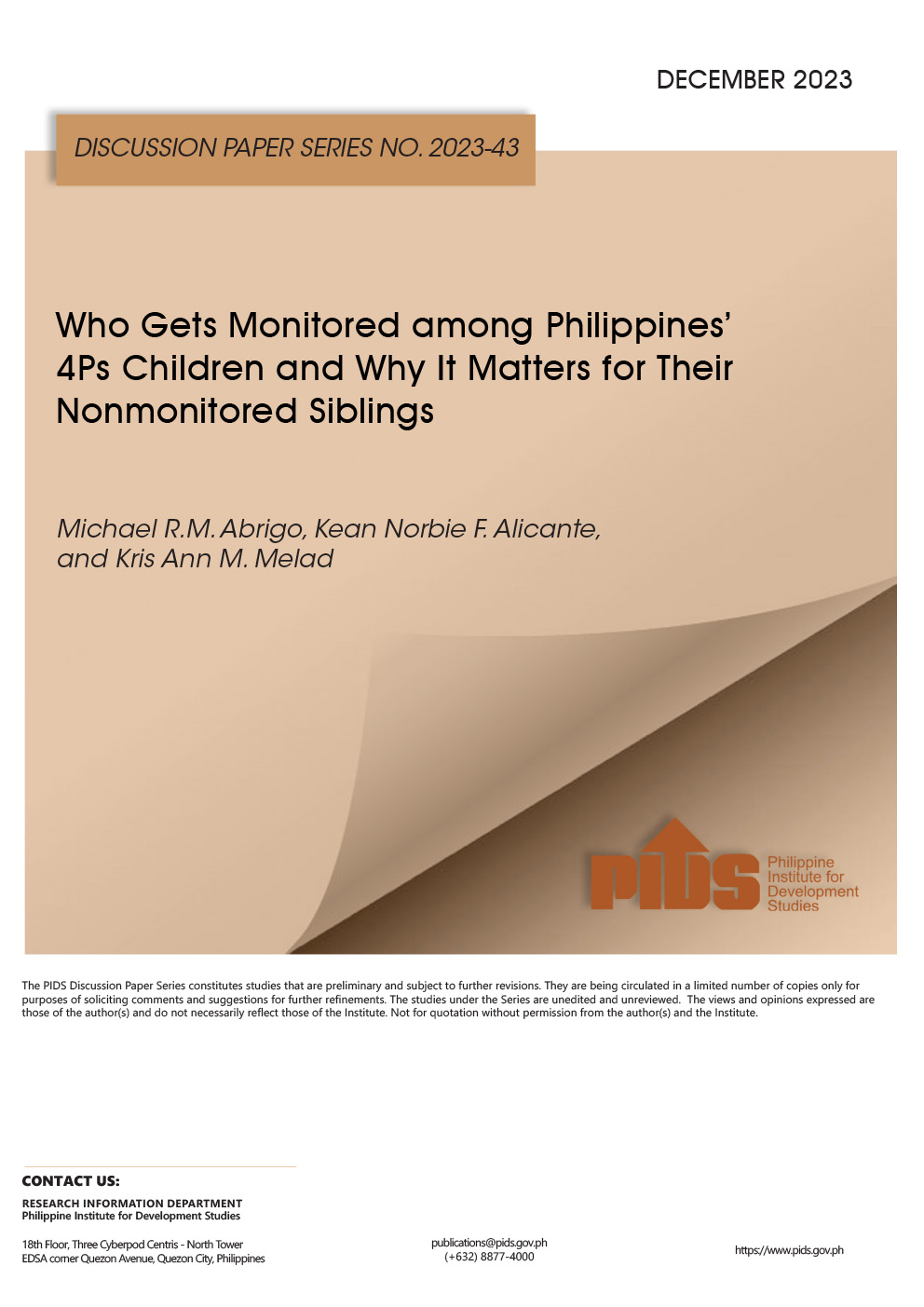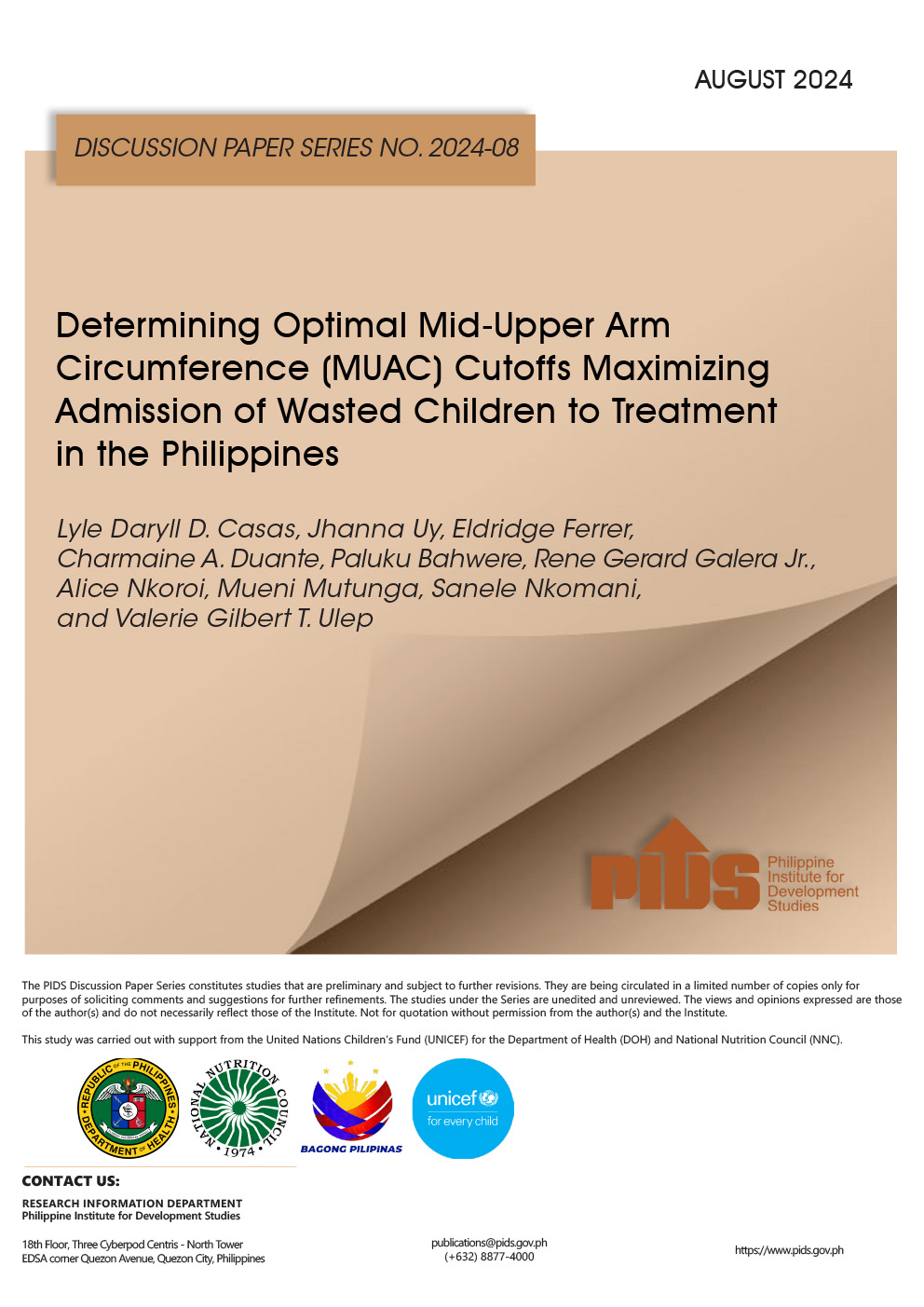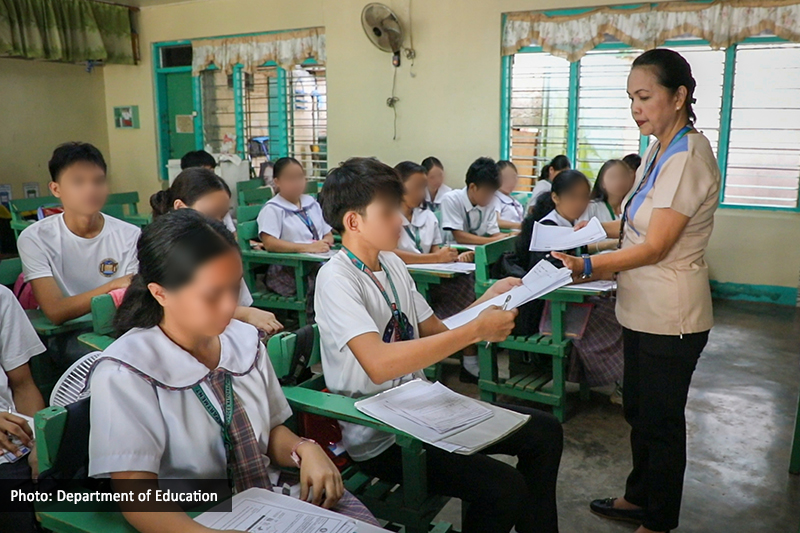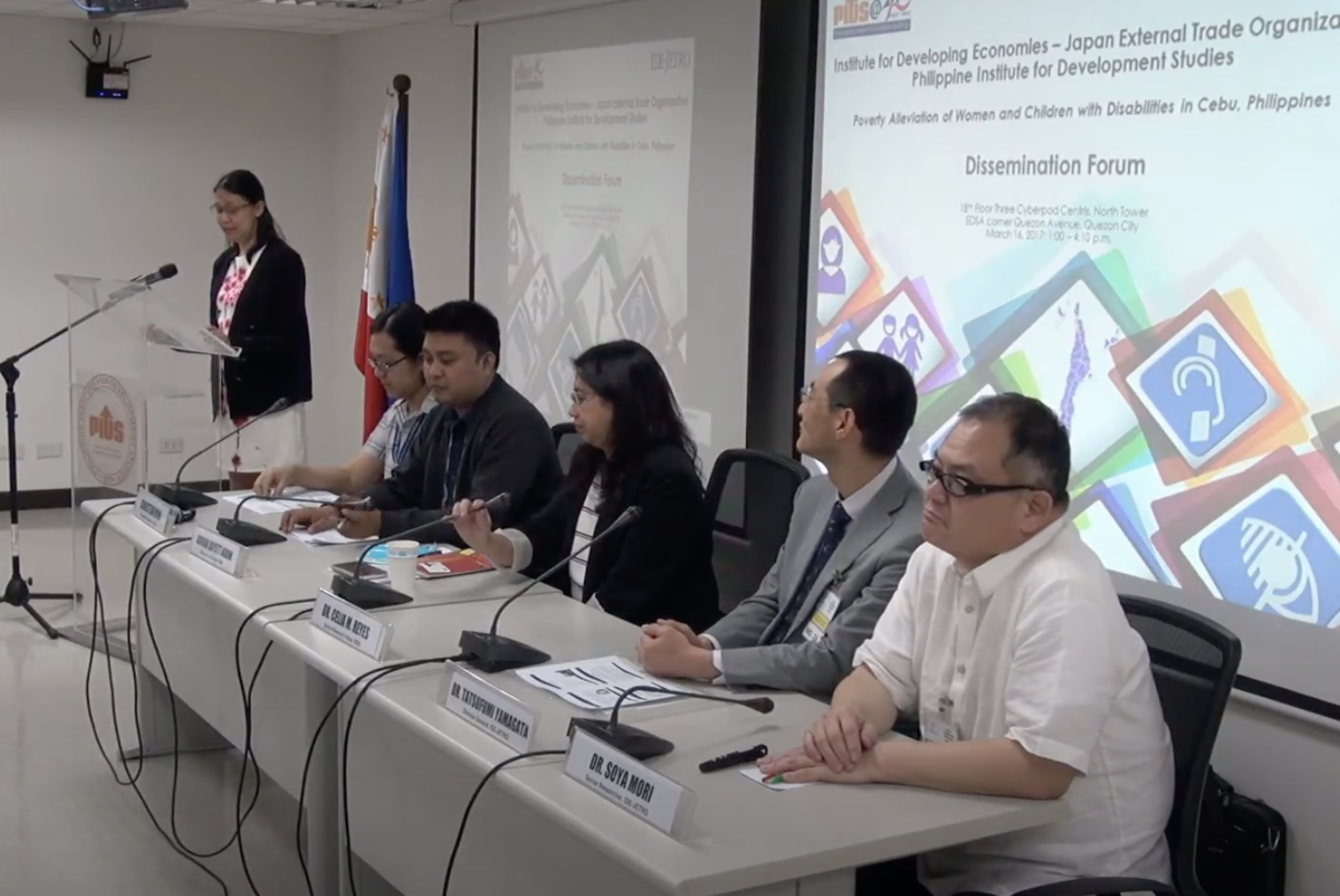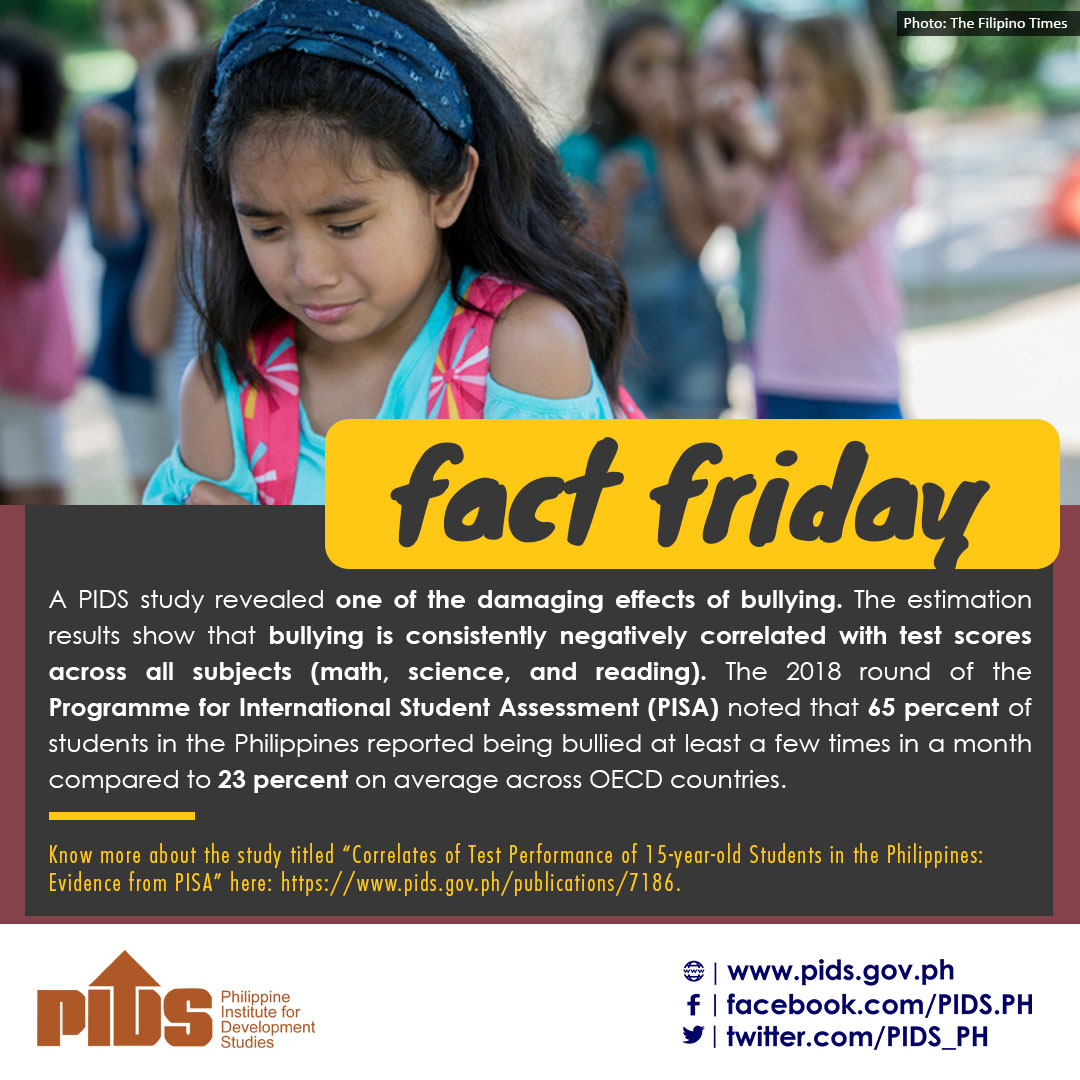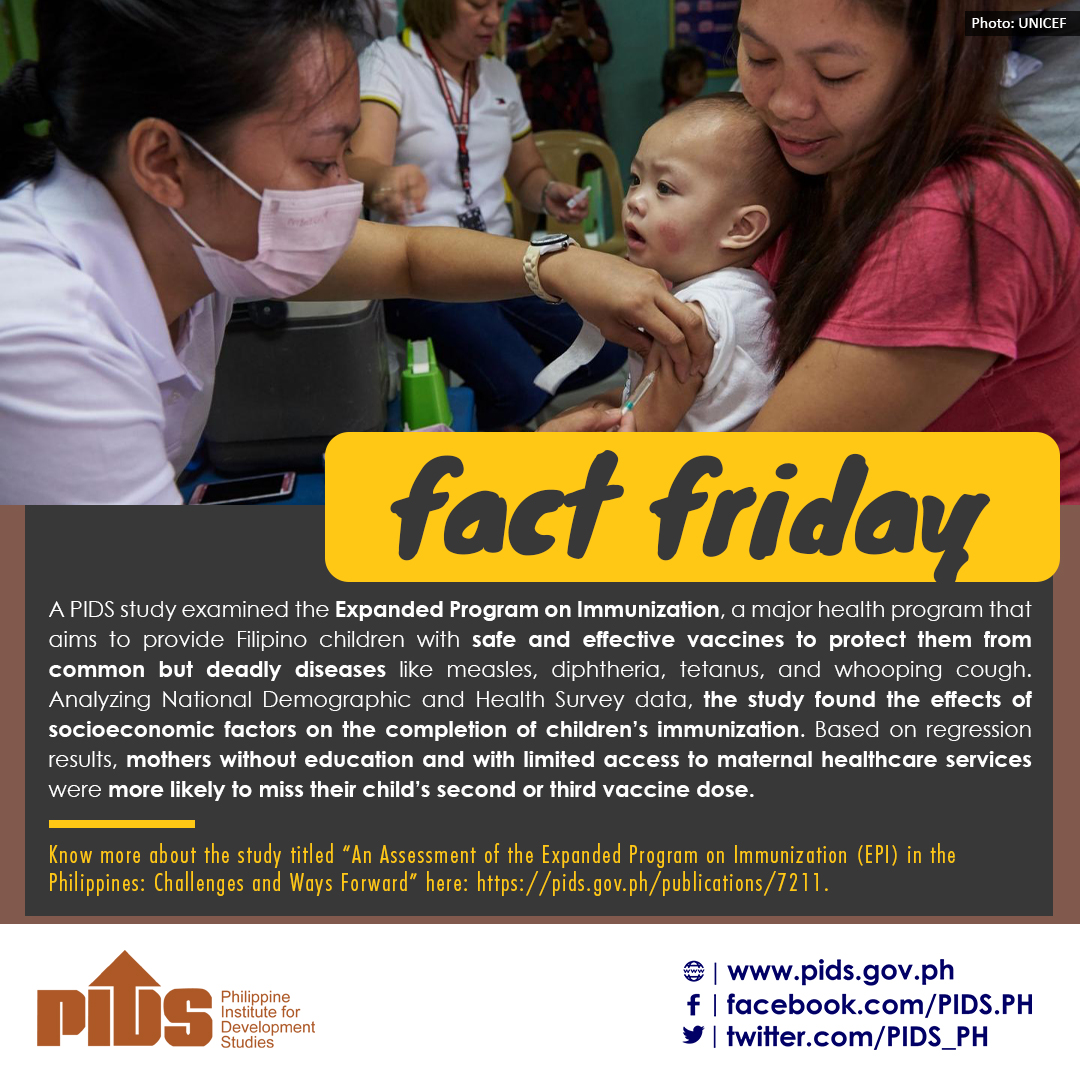The number of out-of-school children in the country dropped to 1.2 million or 1.7 million less than the 2.9 million in 2008.
A study conducted by the Philippine Institute of Development Studies (PIDS) credited the implementation of the K to 12 (Kindergarten to Grade 12) basic education program and the 4Ps (Pantawid Pamilyang Pilipino Program) project as major contributors to this development.
The results of the study, which was supported by the United Nations Children’s Fund (Unicef), were presented to Education Secretary Armin Luistro in a recent forum by PIDS senior research fellow Jose Ramon Albert and professor Clarissa David of the University of the Philippines Diliman, Quezon City campus.
The Department of Education (DepEd) welcomed recommendations from the study to strengthen cooperation among the department, local governments, schools and parents in tracking and monitoring children’s attendance and identifying reasons for dropping out.
Unicef Philippines representative Lotta Sylwander said, while significant progress in the education sector had been made, a million children out of school was still a staggering figure.
Sylwander said identifying out-of-school children required local and school level efforts. Schools had to be empowered to seek out those children.
But she expressed hope all children, especially the marginalized, disadvantaged and vulnerable, would gain access to education and remain in school.
The PIDS report, which was also supported by the UN Educational, Scientific and Cultural Organization Global Initiative on Out-of-School Children, called on DepED and partners to intensify the campaign for early childhood education and on-time school entry in Kindergarten.
Unicef is working with the Department of Social Welfare and Development, DepEd and Early Childhood Care and Development Council Secretariat in providing children ages 3-5 access to early education. //

